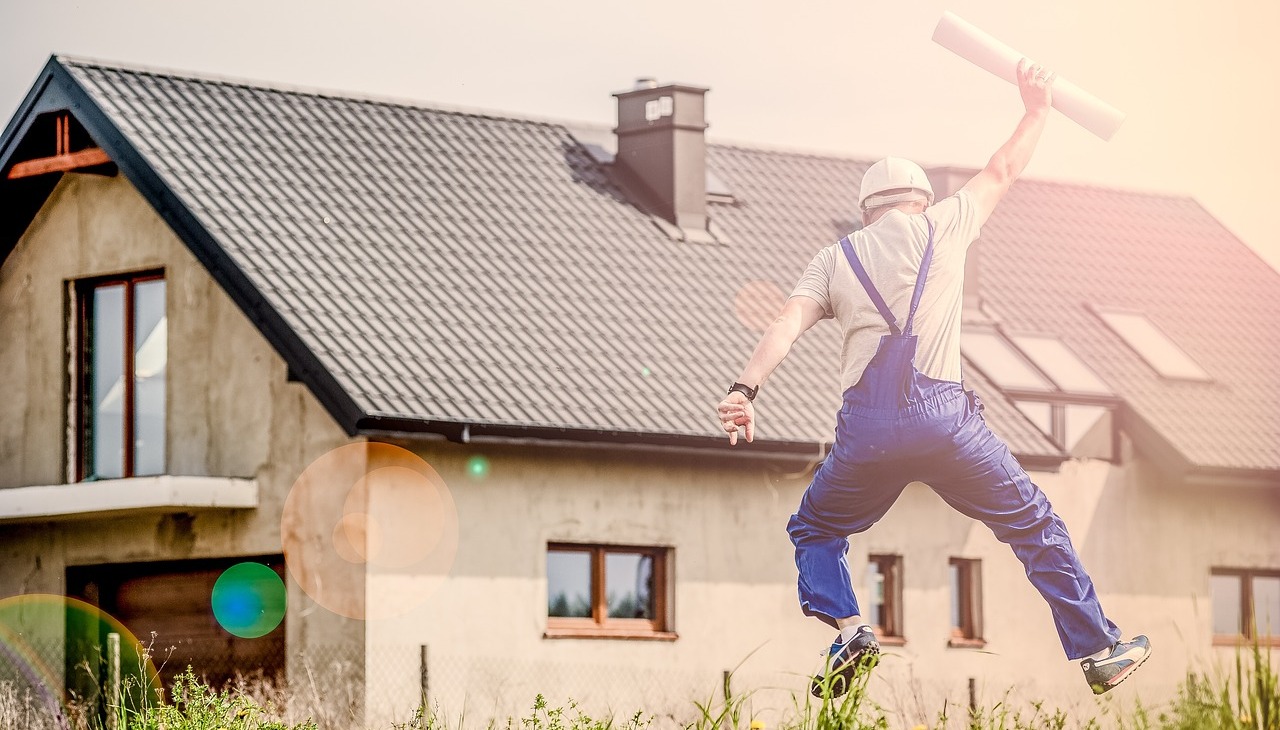
JPMorgan Chase allocates $15 million to increase the supply of affordable housing
The initiative seeks that more Black, Hispanic and Latino households can have homes resistant to climate change.
The financing organization recently announced that 5 organizations will receive philanthropic commitments of $3 million each to develop innovative models of affordable and climate-resilient housing.
These funds, which are part of the company's $400 million, five-year commitment to improve housing affordability and stability for Black, Hispanic and Latino populations, will especially benefit communities in the Inland Empire, CA; Rio Grande Valley, TX; Buffalo, NY; Washington, DC; and Miami-Dade County, FL, with the goal of generating a broader impact nationally.
Abigail Suárez, Head of Neighborhood Development at JPMorgan Chase, stated:
In our efforts to advance an inclusive economy, we remain committed to addressing some of the barriers to affordable housing and homeownership to provide family stability and build generational wealth for households of color.
Housing crisis
According to figures shared by the organization, Americans face a housing supply crisis, with a shortage of almost 3.8 million units across the country.
In addition, the climate crisis has contributed negatively to slowing down the housing supply, especially affecting low-income Black, Hispanic and Latino households, which are often concentrated in places that are highly vulnerable to environmental disasters, which that subjects them to the effects of the climate crisis and economic uncertainty.
“More households deserve accessible options to homeownership and now more than ever we need equitable, sustainable solutions that better equip communities with affordable, climate resilient housing,” added Suárez.
Support
The new earmarked funds will serve to support organizations working to reverse racial disparities and climate risks embedded in the existing housing system.
These are the grantees who will use the philanthropic capital to influence housing construction practices:
1. come dream. come build (cdcb) - Rio Grande Valley, TX
It will expand its MiCASiTA program, which provides affordable and sustainable homeownership options for rural families of color. This includes building and selling modular homes, reducing the home's base selling price to 15% less than a stick-built home, enhancing the model's sustainable features by integrating solar, energy and water, and expansion to six new locations in other rural areas.
2. Neighborhood Partnership Housing Services (NPHS) – Inland Empire, CA
It is building Homes by NPHS, a scalable social enterprise that will increase the supply of affordable housing by building factory-built single-family homes and accessory dwelling units (ADUs) on vacant lots, with anticipated savings of 20% on construction costs in compared to houses built on the site. NPHS will also increase the number of developers of color who can access factory-built housing and incorporate energy-efficient features and weatherization upgrades into factory-built homes to help reduce pollutants, stay resilient and adaptable against the weather, and lower costs of public services.
“NPHS is grateful for JPMorgan Chase’s investment which will support the use of factory-built housing technology to increase the supply of affordable homeownership and mitigate the impacts of climate change on low-income homeowners,” said Clemente Mojica, NPHS CEO.
For its part, the money will also be used to increase technical knowledge and financial tools in the housing industry to reduce carbon emissions:
3. Solar and Energy Loan Fund of St. Lucie County (SELF) – Miami-Dade County, FL
RELATED CONTENT
Aims to increase the supply of resilient and sustainable affordable housing by scaling its clean energy and climate resiliency home improvement program to help homeowners, landlords, developers and contractors of color access innovative funding to rehabilitate homes, improve housing for the workforce and increase the supply of sustainable and affordable green housing and construction expertise.
4. National Housing Trust (NHT) – Washington D.C. Metropolitan Area
It aims to promote decarbonization efforts in the Washington D.C. metropolitan area by involving residents in the design of programs and policies, providing retrofit technical assistance to building owners to improve resident health outcomes, and engaging decision makers and lenders to make public resources and products mission-driven capital projects are more accessible and aligned to decarbonize affordable housing. NHT also has a goal of having at least 50% of affordable housing rehabilitation projects in the Washington area incorporate annual decarbonization measures by 2025.
5. PUSH Buffalo – Buffalo, NY
It will advance sustainable affordable housing initiatives by building and rehabilitating single-family affordable homes with net-zero standards and decarbonizing vacant two-unit buildings with green technology for first-time homeowners. PUSH Buffalo will also study the health and utility impact of replacing natural gas with electricity on different aspects of affordable homes to understand the resident experience, inform and connect local residents with new technology, and provide data to a wider ecosystem.
JPMorgan Chase will work with the Urban Institute to support grantees in executing their strategies and testing and scaling their innovations, which will include impact measurement and knowledge sharing with the housing industry to promote stability and housing affordability for African American, Hispanic, and Latino households.
“I am pleased that Urban has this great opportunity to help these innovative changemakers accelerate solutions. Together with JPMorgan Chase, we will support, collaborate with, and spread insights from this new group of field-leading grantees, who are working to expand and decarbonize the country’s housing supply, tackle housing affordability, and address the embedded inequities for households of color in our housing system,” said Sarah Rosen Wartell, Urban Institute President.
These resources are part of the company's $30 billion commitment to promote racial equity and drive an inclusive economic recovery that was announced in October 2020.
To learn more about how JPMorgan Chase is working to close the racial wealth gap, click here.











LEAVE A COMMENT: